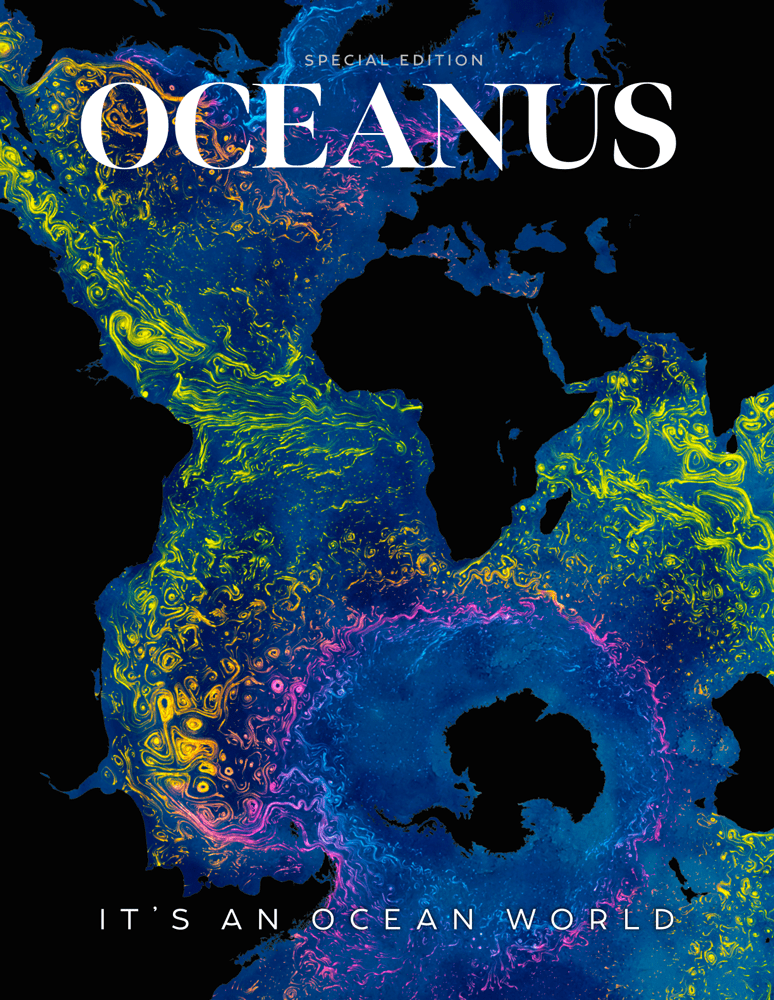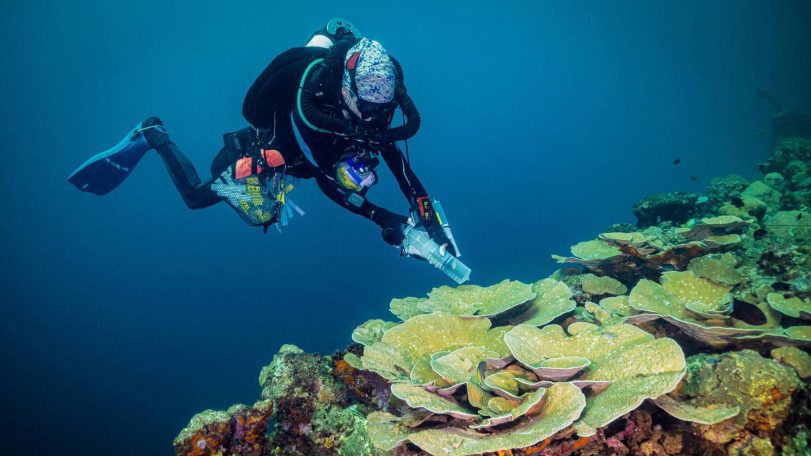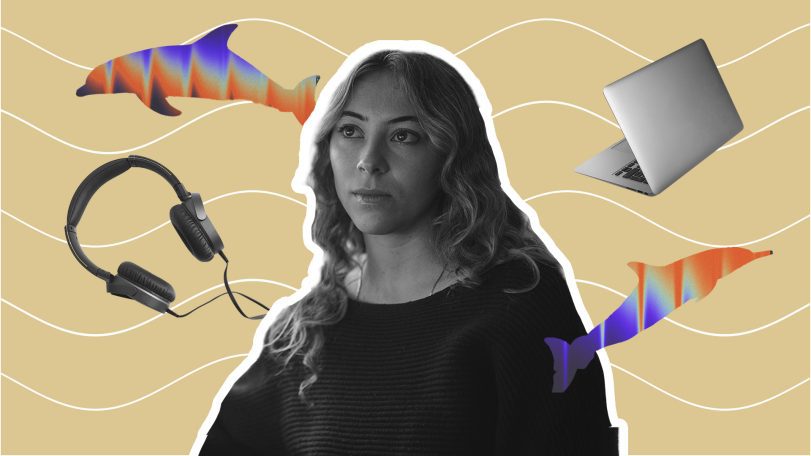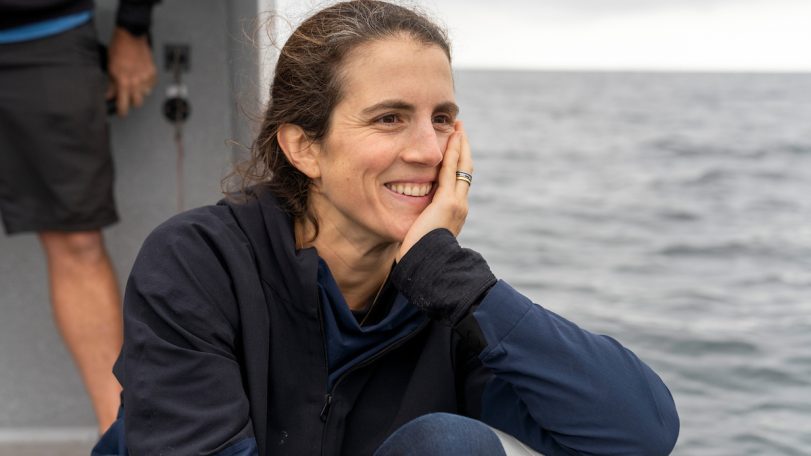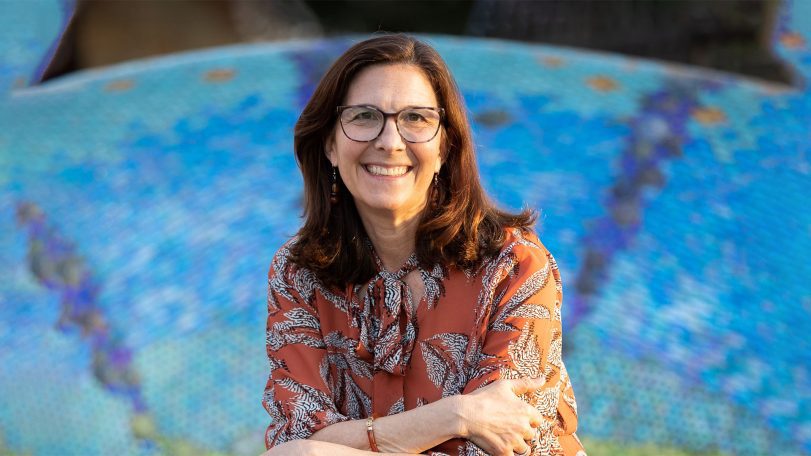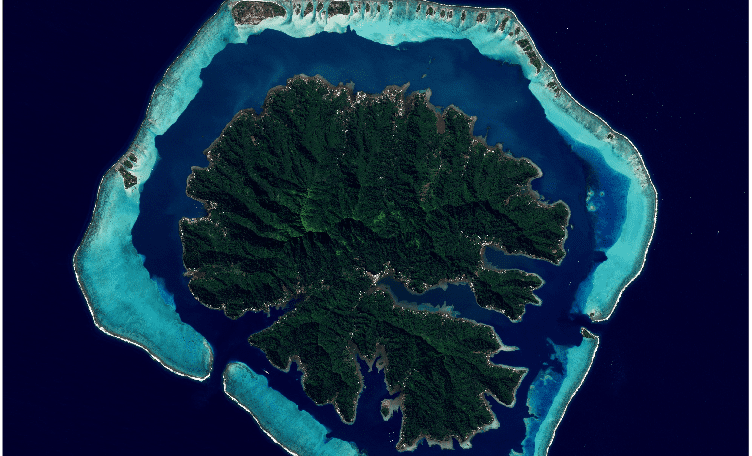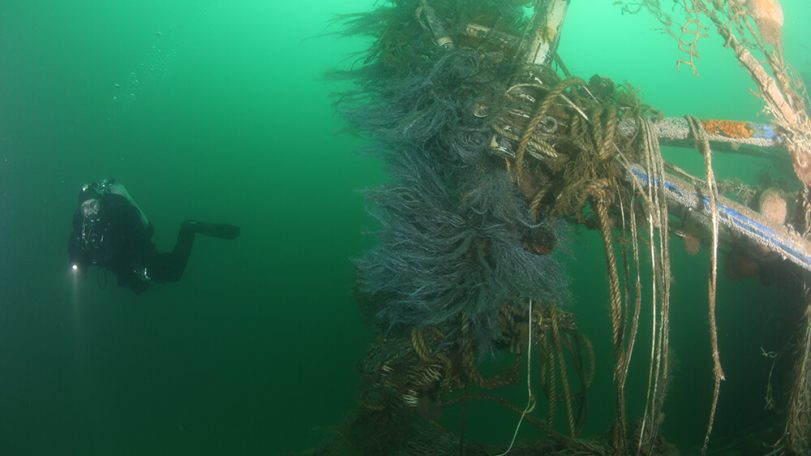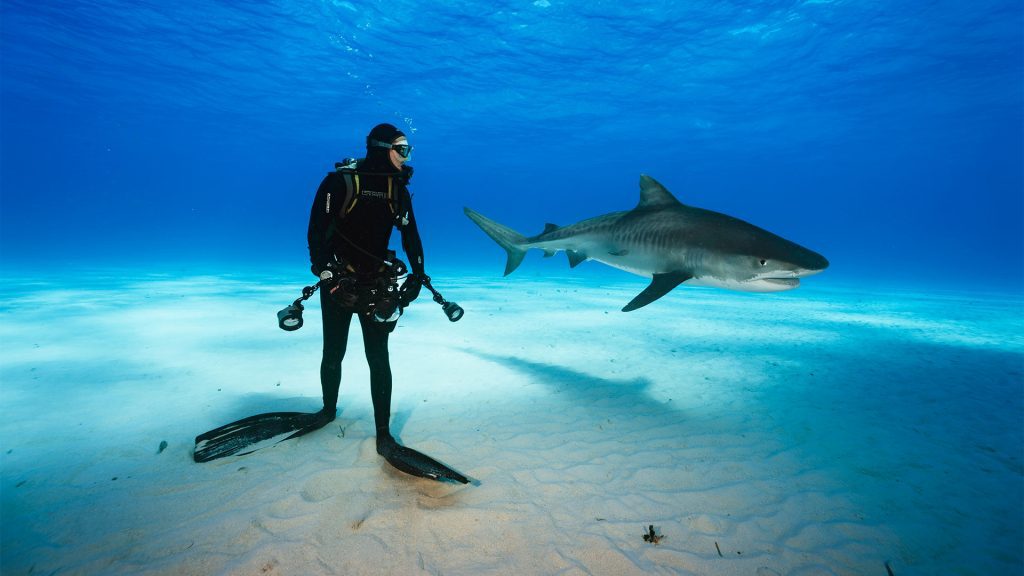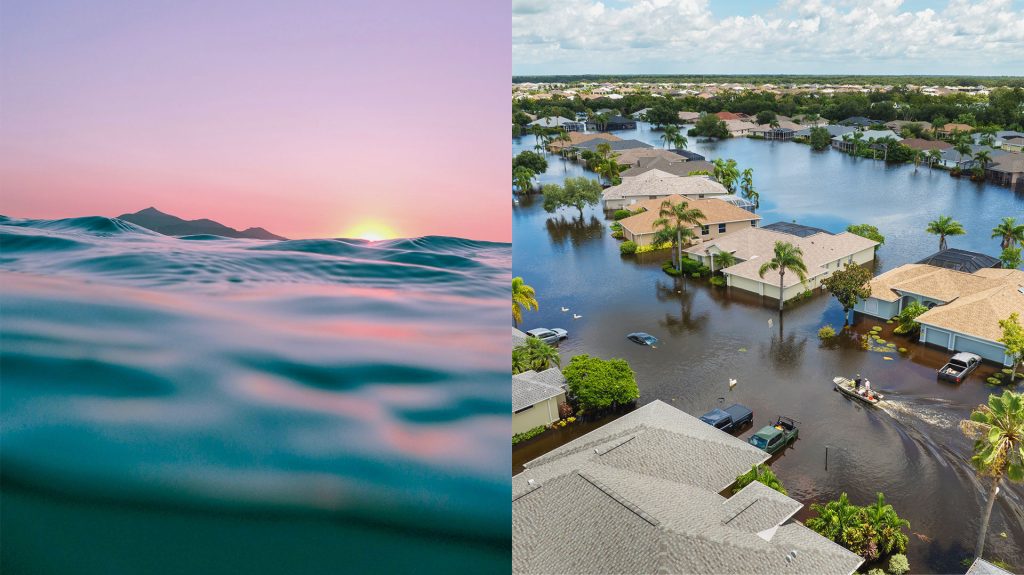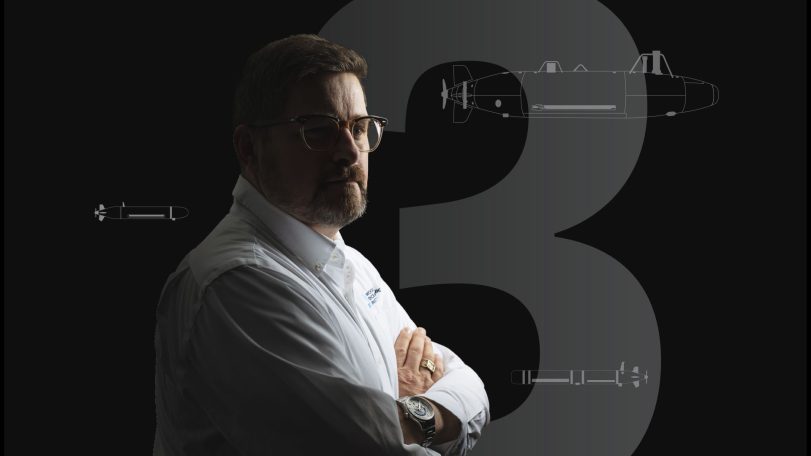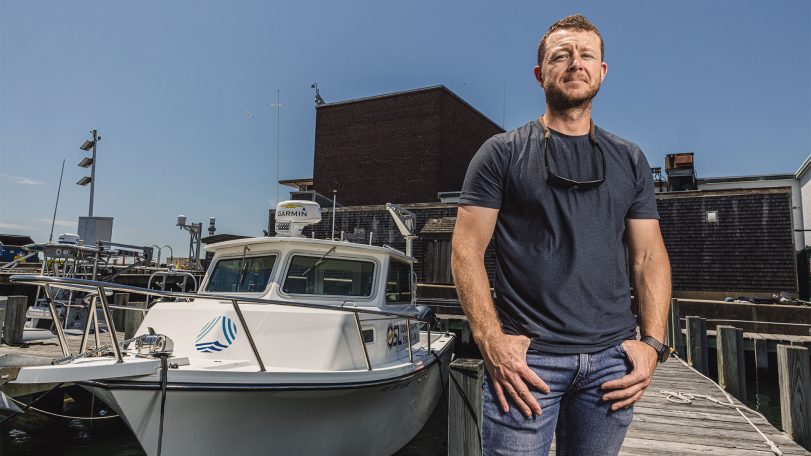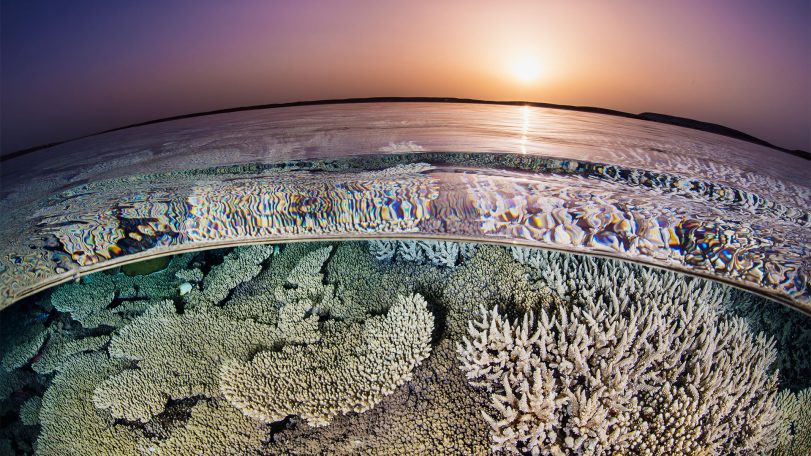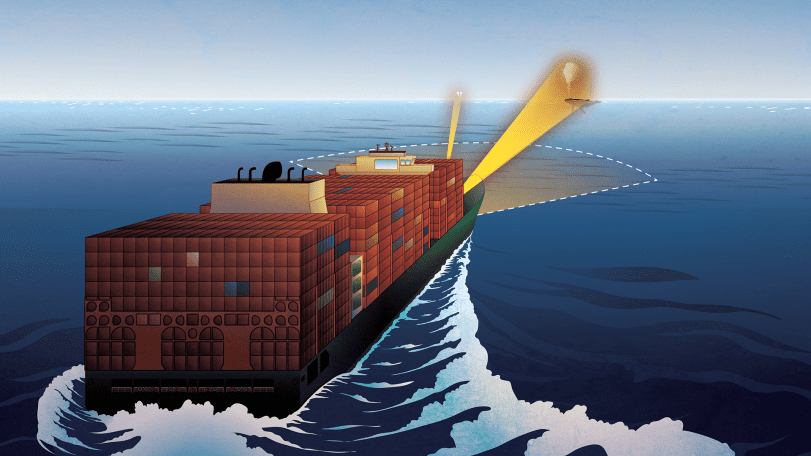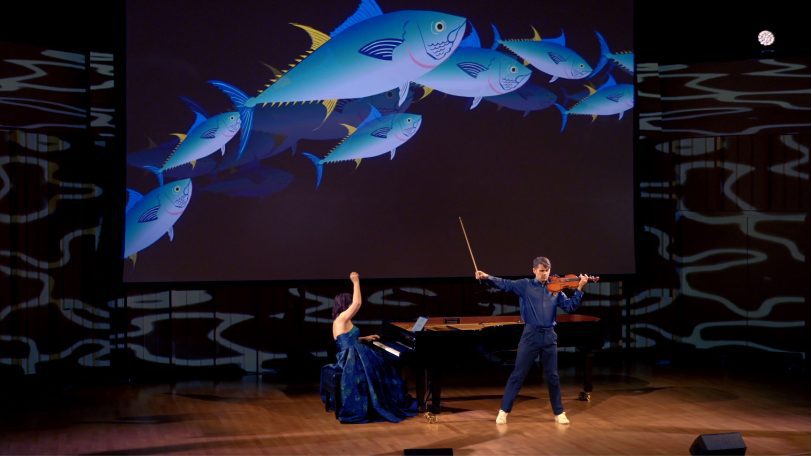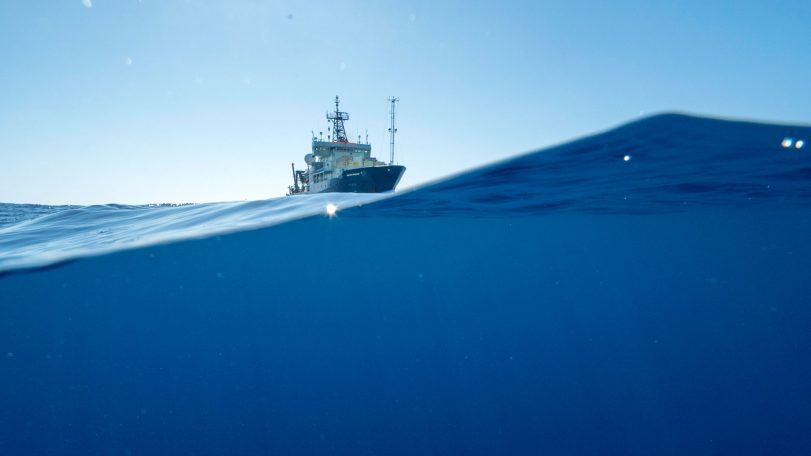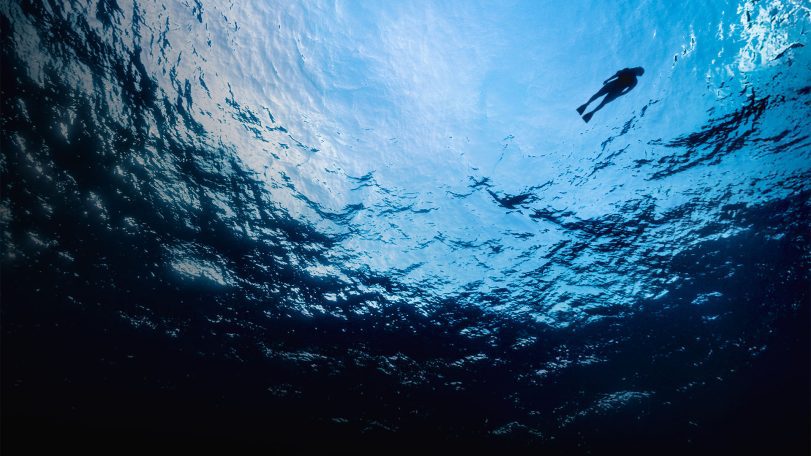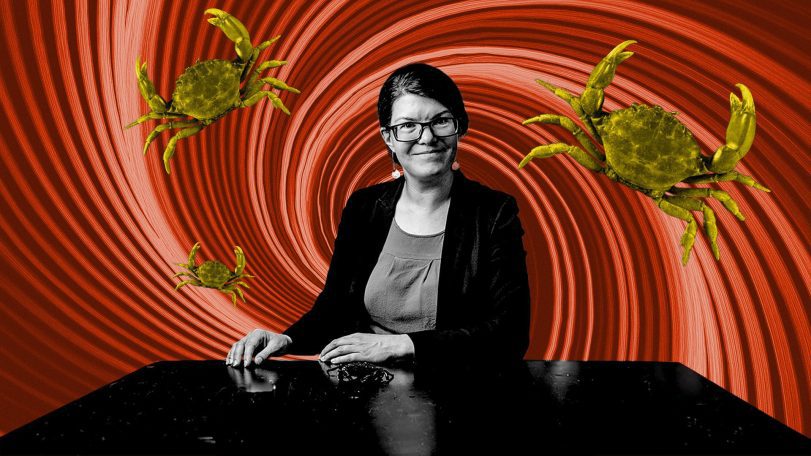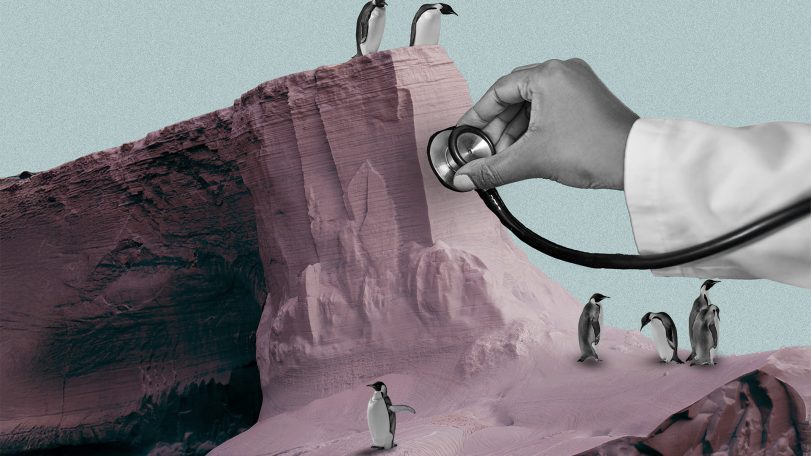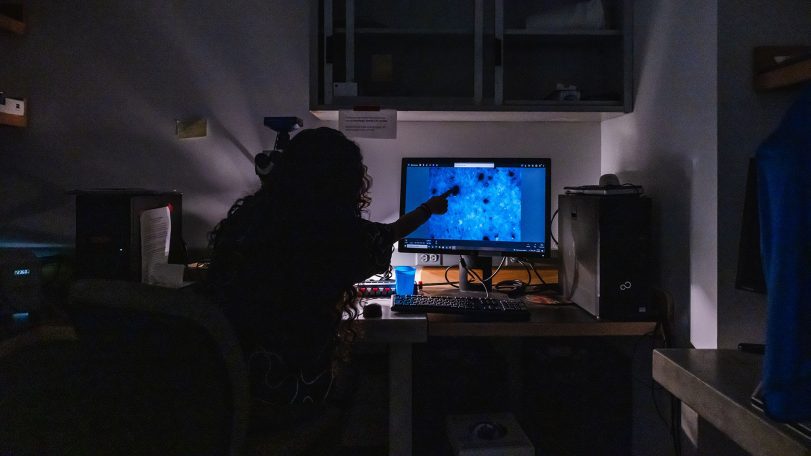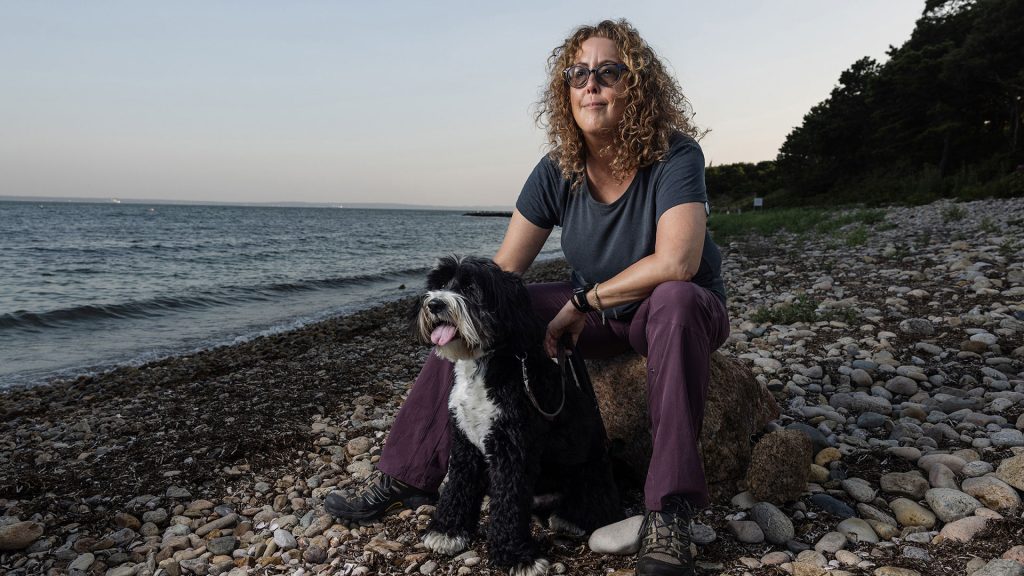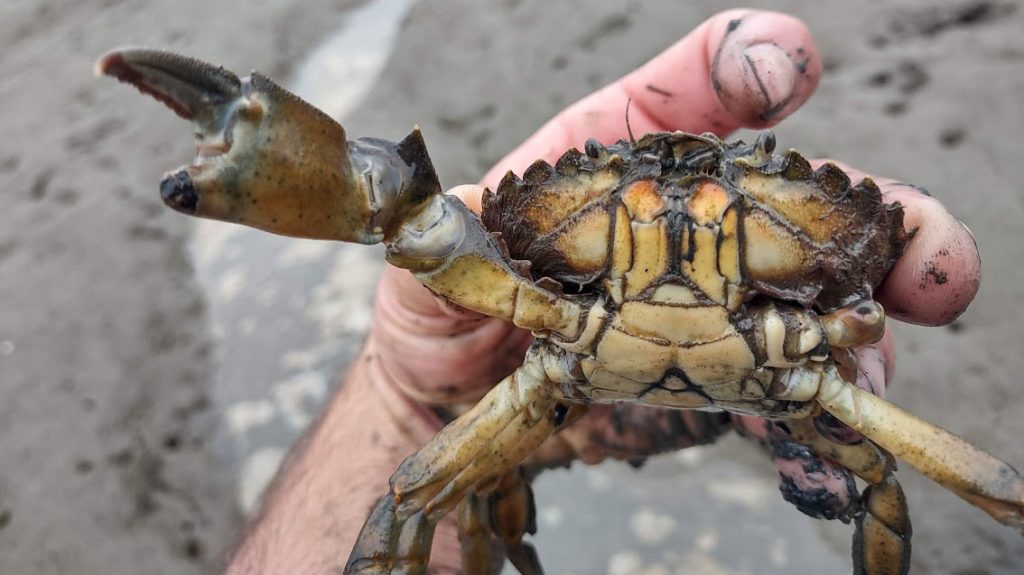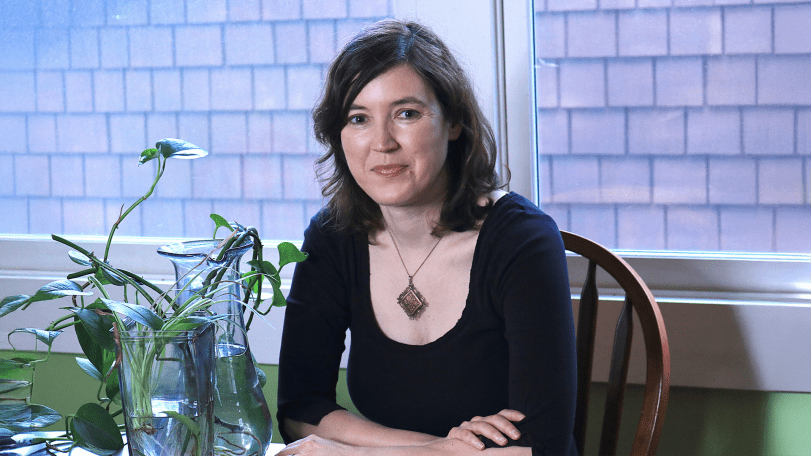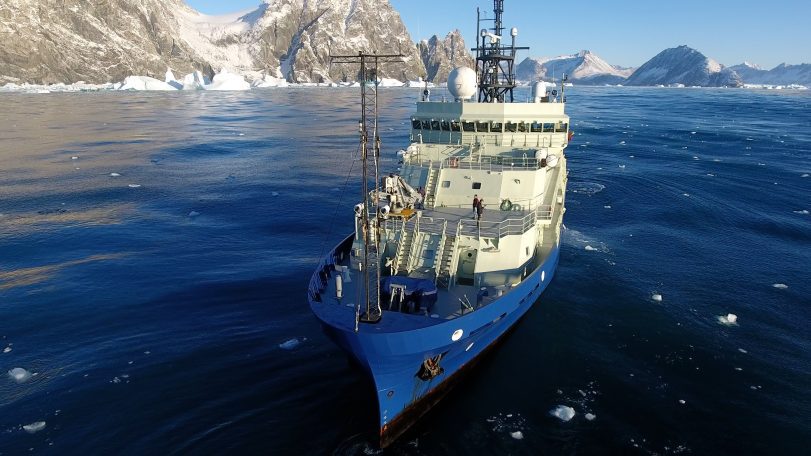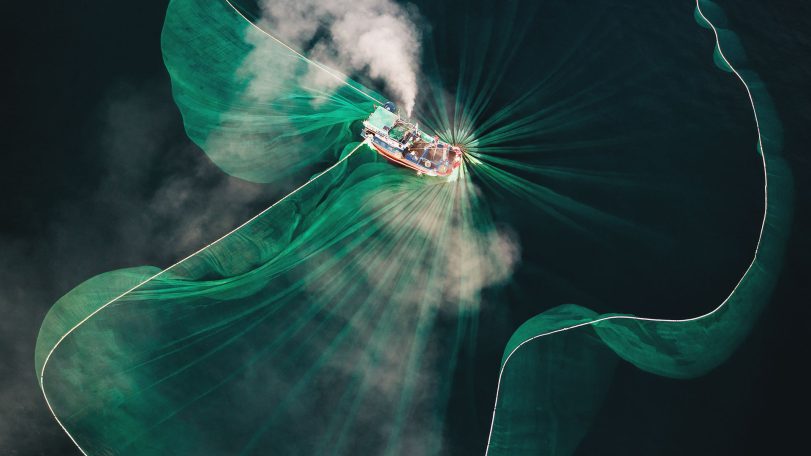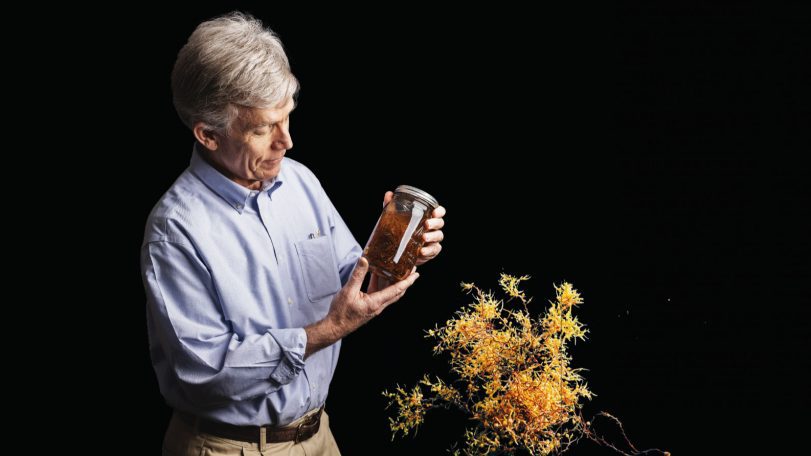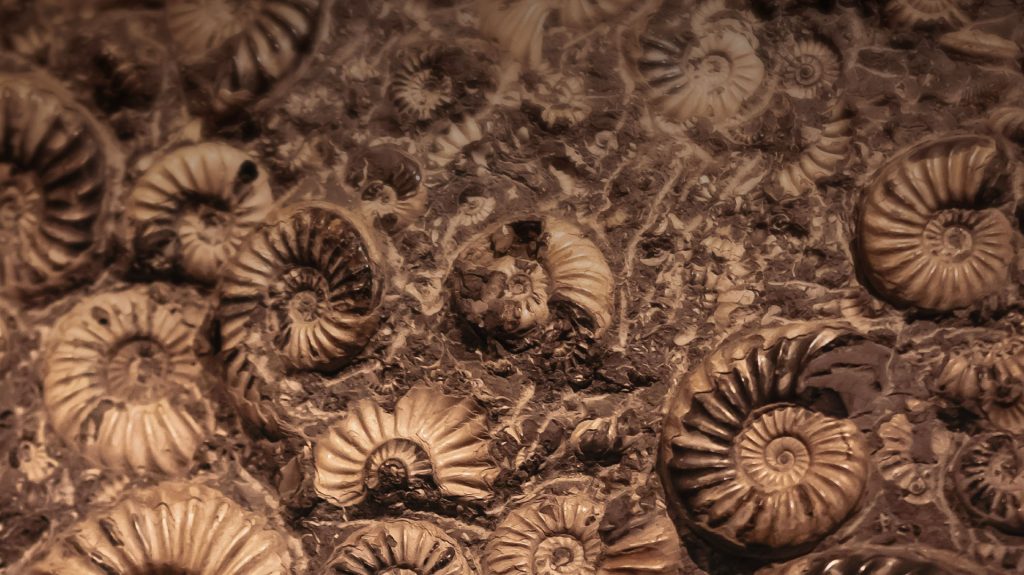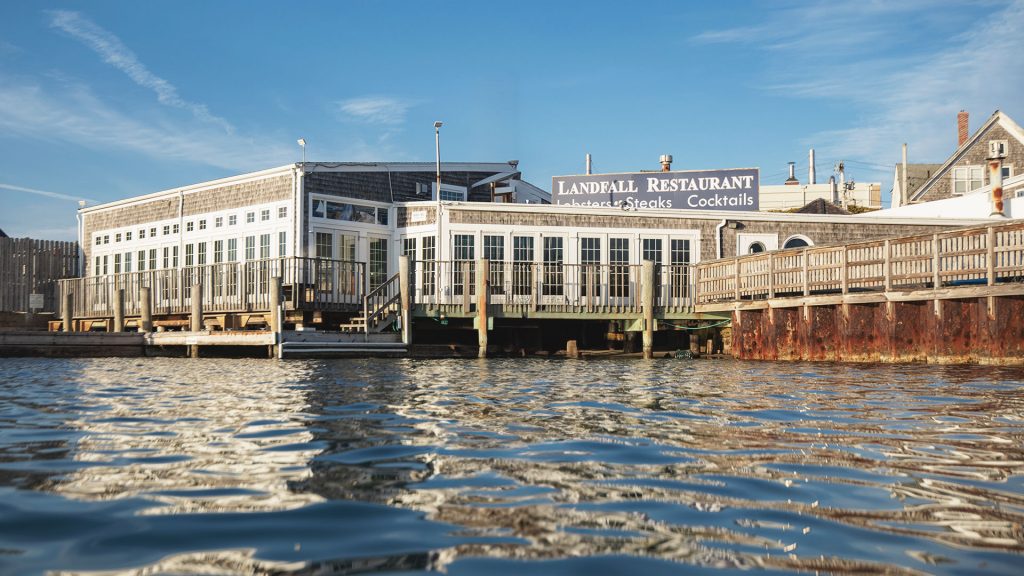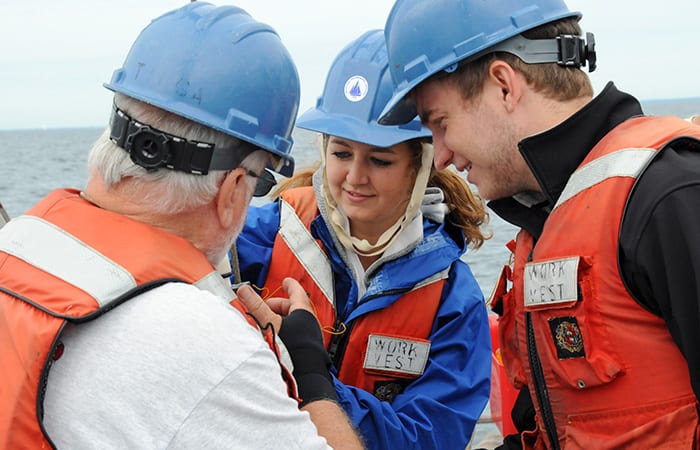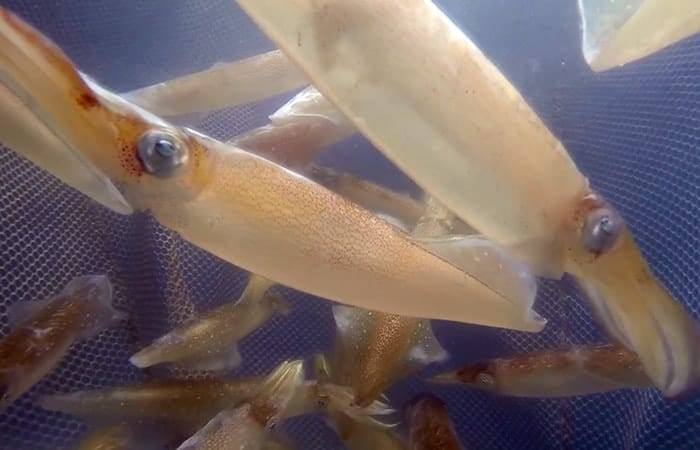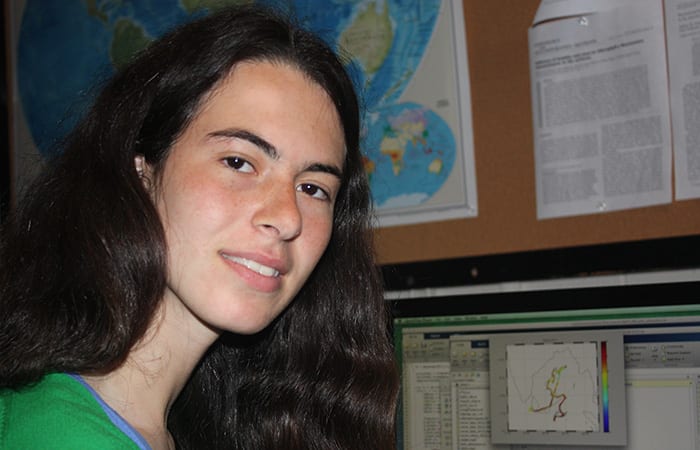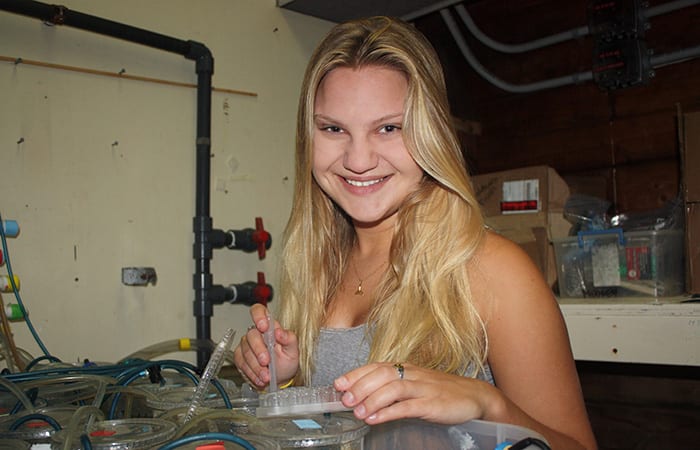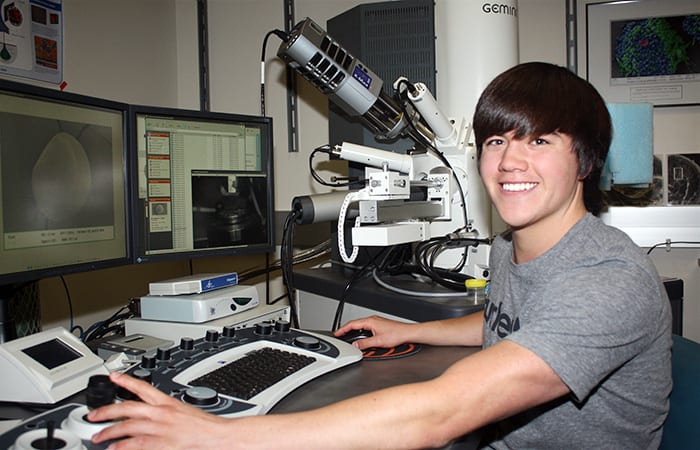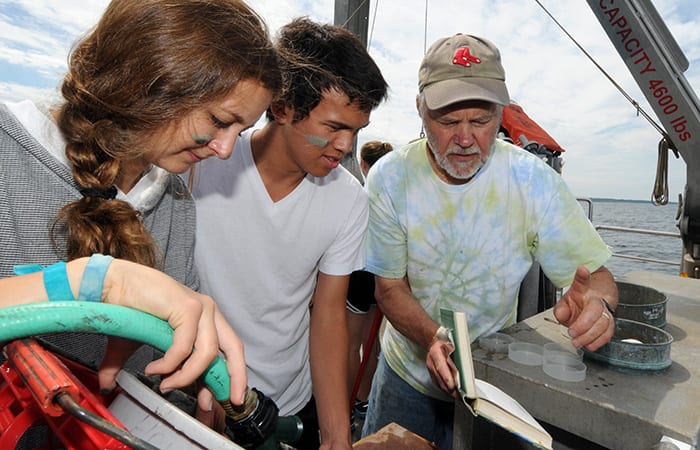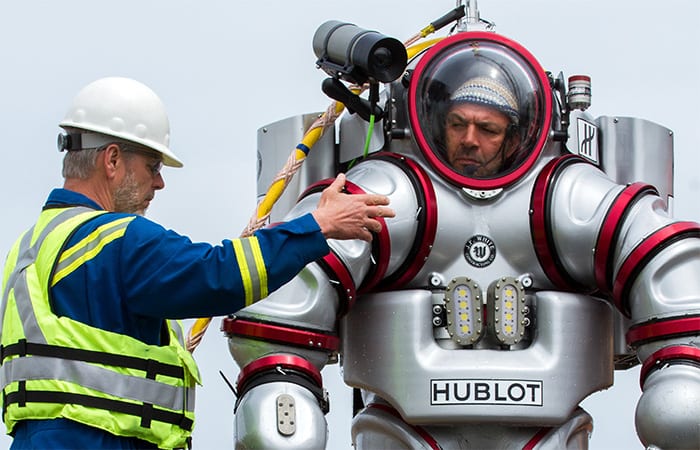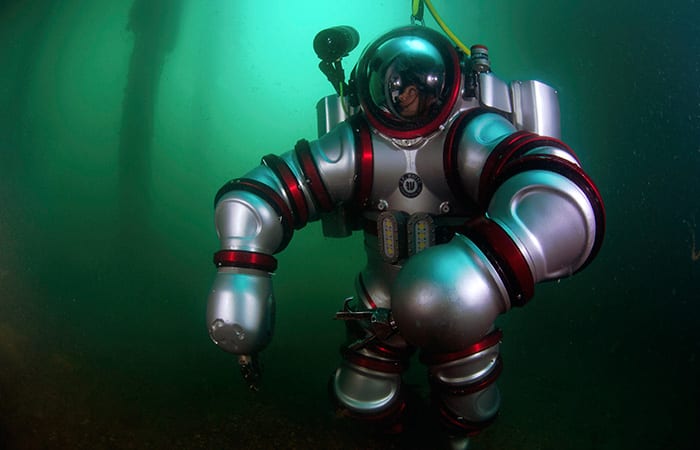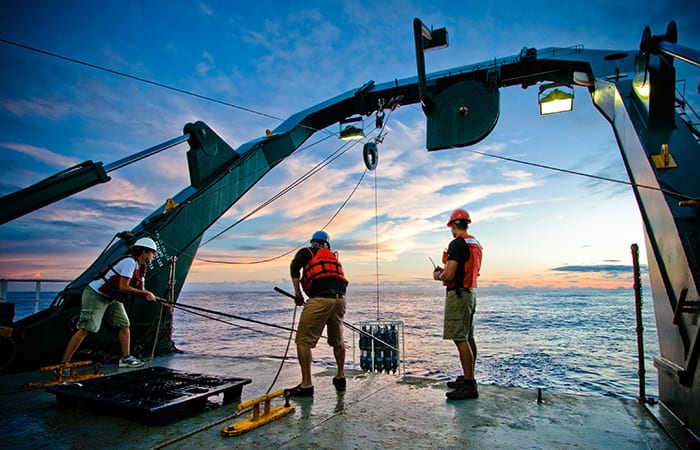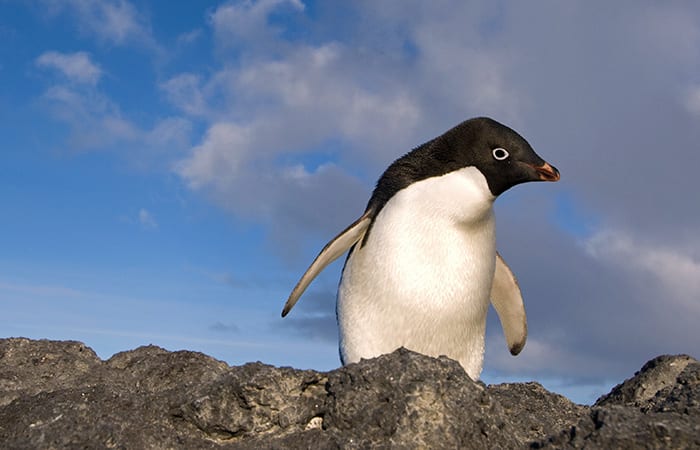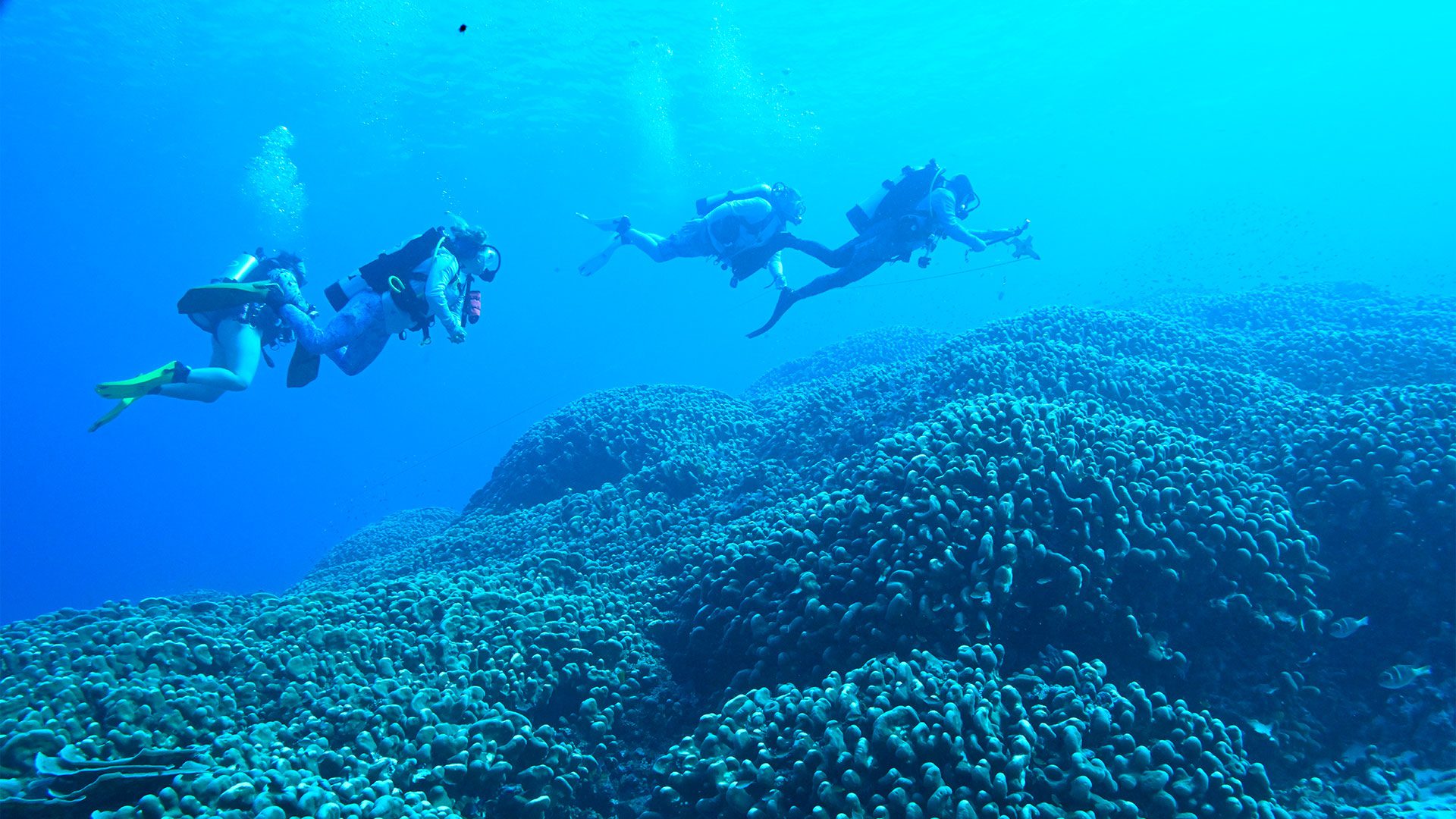
Inside the Solomon Islands’ hidden mega coral — a 300-year-old ocean giant
WHOI’s Reef Solutions team journeys to the world’s largest coral colony
From ruin to reef
What Pacific wrecks are teaching us about coral resilience—and pollution
One researcher, 15,000 whistles: Inside the effort to decode dolphin communications
Scientists at WHOI analyze thousands of dolphin whistles to explore whether some sounds may function like words
Remembering Tatiana Schlossberg, a voice for the ocean
Environmental journalist and author Tatiana Schlossberg passed away after battling leukemia on December…
As the ocean warms, a science writer looks for coral solutions
Scientist-turned-author Juli Berwald highlights conservation projects to restore coral reefs
How an MIT-WHOI student used Google Earth to uncover a river–coral reef connection
Google Earth helps researcher decode how rivers sculpt massive breaks in coral reefs
A new underwater robot could help preserve New England’s historic shipwrecks
WHOI’s ResQ ROV to clean up debris in prominent marine heritage sites
The little big picture
WHOI senior biologist Heidi Sosik on the critical need for long-term ocean datasets
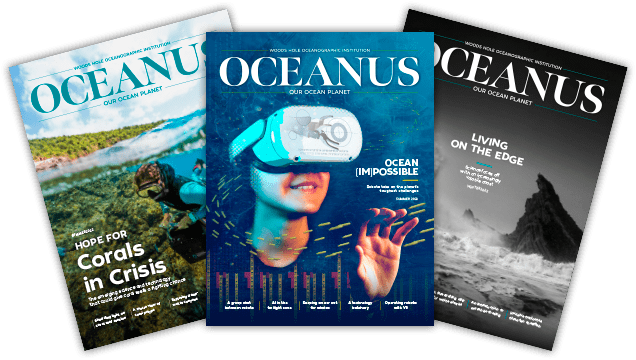
and get Oceanus delivered to your door twice a year as well as supporting WHOI's mission to further ocean science.
Our Ocean. Our Planet. Our Future.
Lessons from a lifetime of exploration
Award-winning ocean photographer Brian Skerry shares insights from a career spent around ocean life and science
The ocean weather nexus, explained
The vital role of ocean observations in extreme weather forecasting
Breaking down plastics together
Through a surprising and successful partnership, WHOI and Eastman scientists are reinventing what we throw away
Three questions with Carl Hartsfield
Captain Hartsfield, USN retired, discusses the role ocean science plays in our national defense
The Ocean (Re)Imagined
How expanding our view of the ocean can unlock new possibilities for life
Body snatchers are on the hunt for mud crabs
WHOI biologist Carolyn Tepolt discusses the biological arms race between a parasite and its host
A polar stethoscope
Could the sounds of Antarctica’s ice be a new bellwether for ecosystem health in the South Pole?
Secrets from the blue mud
Microbes survive—and thrive—in caustic fluids venting from the seafloor
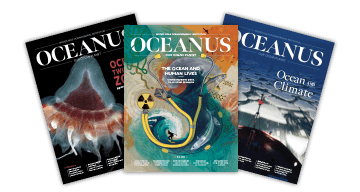
Looking for something specific?
We can help you with that. Check out our extensive conglomeration of ocean information.
Top 5 ocean hitchhikers
As humans traveled and traded across the globe, they became unwitting taxis to marine colonizers
Following the Polar Code
Crew of R/V Neil Armstrong renew their commitment to Arctic science with advanced polar training
Harnessing the ocean to power transportation
WHOI scientists are part of a team working to turn seaweed into biofuel
Casting a wider net
The future of a time-honored fishing tradition in Vietnam, through the eyes of award-winning photographer Thien Nguyen Noc
Gold mining’s toxic legacy
Mercury pollution in Colombia’s Amazon threatens the Indigenous way of life
How do you solve a problem like Sargassum?
An important yet prolific seaweed with massive blooms worries scientists
Ancient seas, future insights
WHOI scientists study the paleo record to understand how the ocean will look in a warmer climate
Rising tides, resilient spirits
As surrounding seas surge, a coastal village prepares for what lies ahead
Recovering After a Hurricane
Summer Student Fellow Maya Becker studied how vulnerable four coastal communities were to major hurricanes—and how fast they recovered.
A Summer of Science by the Sea, 2014 (Part II)
Every summer since 1959, undergraduates from around the world have come to Woods Hole Oceanographic Institution for a program to learn about ocean science and conduct research under the guidance of WHOI scientists. Read the second and final installment of our series of profiles of this year’s young scholars.
Is Ocean Acidification Affecting Squid?
The rise in carbon dioxide in the ocean from fossil-fuel burning may have insidious impacts…
Sea Science in the Space Age
South Asian monsoons bring huge amounts of fresh water into the Bay of Bengal. Summer Student Fellow Mara Freilich used huge data sets from satellites to how and where the salinity of the Bay changes as a result.
Swimming in Low-pH Seas
Researchers knew that squid raised in acidified water developed abnormal balance organs. To find out whether the young squid could still balance and swim normally, Summer Student Fellow Doriane Weiler mapped their movements.
Surface Waters Go Their Own Way
Summer Student Fellow Sam Kastner found that at a given spot in the ocean, water at the surface may not be moving the same direction or speed as water deeper downâwhich can make predicting the path of nutrients or pollutants very challenging.
Scallops Under Stress
Like other marine species, scallops face multiple climate change-related problems. Summer Student Fellow Cailan Sugano studied how scallops respond to acidification and lack of foodâand whether extra food can help them resist damage due to more acidic seawater.
A Summer of Science by the Sea, 2014 (Part I)
Every summer since 1959, undergraduates from around the world have come to Woods Hole Oceanographic Institution for a program to learn about ocean science and conduct research under the guidance of WHOI scientists.
The Exosuit Comes Aboard
One of the ocean’s least studied places is actually the realm between 200 and 500…
High-tech Dives on an Ancient Wreck
When sponge divers first chanced upon the shipwreck off the Greek isle of Antikythera in…
Proteomics Reveals Ocean’s Inner Workings
In a new study, WHOI scientists have demonstrated how the emerging biomedical technique of measuring proteins—a field called proteomics—can be applied to the ocean to reveal the inner biochemical workings of microbial life and ocean ecosystems.
From Penguins to Polar Bears
Polar ecosystems are especially vulnerable to climate change. They are also notably hard to study and to manage. Scientists came to WHOI recently for a Morss Colloquium to address the issues.
